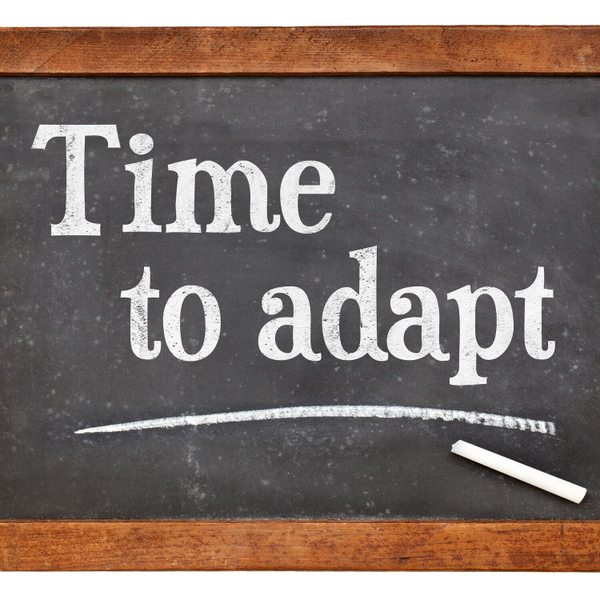
The Power Of Adaptability
Did you know that the ancient Chinese symbol for “crisis” is precisely the same as the symbol for “opportunity?”
Seeing problems as opportunities is the best way to succeed in business and life. It’s a matter of perspective, so shouldn’t you adopt the mindset that will lead to success and not failure?
Problems, change, and stress are all part of everyone’s life, and no one is exempt. Adaptability means seeing these things as usual. Successful people develop a mental toughness which causes them to see adversities and failures as ways to learn lessons and improve.
They expect challenges so that even before the challenges occur, they intend to face them and find solutions.
There are two ways to adapt to situations: the first is to adapt ourselves to circumstances beyond our control, and the second is to adapt to situations that are better for us. One of these two options provides the solution to most problems, so you want to alter either yourself or the case in the most productive, worthwhile way.
Adaptability is a choice, and it’s you making up your mind to be flexible, responsive, analytical, and solution-oriented. Being adaptive instead of fighting the issue means giving yourself the liberty to take action to find a solution. Choosing to be adaptive means you’re the victor and not the victim. How adaptable are you?
Here are some techniques to help you increase your adaptive talents:
1. How’s your sense of humour? It can be a great ally for you. One of the things witty helps you do is to get some perspective on yourself and your situation. Humour can help you see the fun in the situation when you make a mistake and make it easier for you to learn from it.
2. How well do you control your negative emotions? Negative emotions can get you into a lot of trouble. When you’re in a stressful situation, try to remove yourself until you have your emotions under control. When you’re calmer, deal with the problem.
3. Do you see change as standard, or does it throw you into a loop? Evaluate the way you react to unexpected events. Make a conscious effort to take changes in stride. This is a skill you can learn, and it will help you in many different ways.
4. How good are you at saying “No”? If you’re stressed because you’ve overcommitted yourself, it’s harder to adapt to situations as they arise. Make your schedule work for you, not against you. Learn to say “No,” calmly and firmly when needed.
5. Is your life way too complicated? Learn to simplify your life. Get rid of clutter and distractions that wear you out and get in the way. Decide what’s essential to you and what you want to do with your time, and concentrate on that.
When you experience a violent storm, it’s easy to rail against the weather. The wind and the rain can seem terrifying, especially when coupled with the crash of thunder and the bright crackle of lightning splitting the sky. But ask any farmer, and they’ll tell you that even storms have their benefits. The rain is necessary for their crops. And believe it or not, lightning, when it strikes the ground, puts nitrogen into the soil so badly needed for things to grow.
Likewise, conflict in the workplace has certain benefits that we don’t always see initially. Please keep reading to find several of them you might not have considered before now.
Mental Health Training
More information in https://mentalhealthtraining.info/